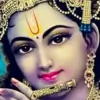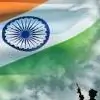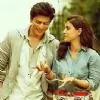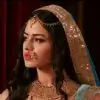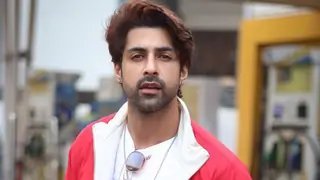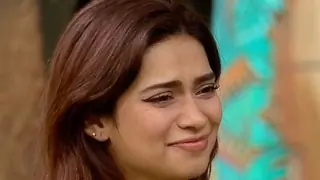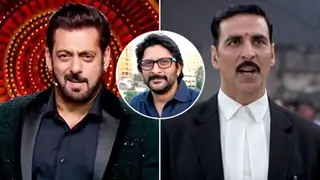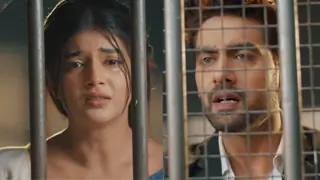The fall of Duryodhana
January 22, 2009 " HariprasadThere are many incidents in the Mahabharata which, unfortunately, have not been brought forth correctly in today's media (print, TV, etc). Consequently, wrong impressions are spreading about the great characters of Mahabharata. One of the favorite weapons of the bashers of the Pandavas is to note the methods used to kill Bhishma, Drona, Karna and others. People get great pleasure villifying Pandavas and projecting Duryodhana and his team as reasonable (even good) people. The fact of the matter is that Duryodhana was the avatar of Kali and he was "very" evil. Period.
In the original Mahabharata itself, there are clear references to many incidents which indicate that no "tricks" were used by Pandavas to win the war. At least on two ocassions, the Pandavas approach Bhishma and Drona asking them how they could be defeated (killed). Bhishma indicates to them that he will not fight a non-male and Drona says that he can be killed if he is made to lose interest in everything. Bhishma and Drona are killed with their permission!
Another of the episodes highlighted very wrongly is the final battle between Duryodhana and Bhimasena.If one sees the incident in the popular TV serial Mahabharata, it will not be a surprise if first time viewers perceive Duryodhana as the great and honest hero who is deceitfully killed by Bhimasena. Sri Madhvacharya has once again brought out the truth in his Tatparya Nirnaya. Surprisingly, I was going through the original Mahabharata and many of the following points are mentioned even there! It is still surprising how wrong stories spread.
- After Shalya is killed, Duryodhana runs away and hides in a pond. This technique is called Jala Sthambana
- His goal is to complete some repetitions of mantras (thousands of them) learnt from Sage Durvasa. Success in this would have enabled him to revive his entire army and made him invisible.
- Some locals watch Ashwathama, Kripa and Krutavarma having a conversation with Duryodhana and report this to the Pandavas.
- Pandavas come and challenge him to come out and fight. He tries to fool them by saying he has lost interest in life. He actually wants to finish chanting the mantras.
- Yudhisthira (quite unlike him), chastises and berates Duryodhana heavily. Finally, Duryodhana is left with no option and comes out.
- Yudhishthira next makes a critical mistake. He offers several options to Duryodhana. Duryodhana can choose anyone to fight, any weapon of his. If he defeats even one Pandava, he gets back everything and Pandavas go to the forest once again.
- Krishna expresses extreme displeasure at this. But Duryodhana chooses Bhimasena only. If he had chosen anyone else, Pandavas would have lost.
- Sri Madhva has clarified that since the thinking ability of an individual is also completely controlled by Paramatma, Krishna ensured that Duryodhana chose Bhima only!
- A very good battle ensues between the two. Duryodhana is beaten badly several times.
- Bhimasena had earlier vowed to break both the thighs of Duryodhana and kill him.
- Towards the end of the battle, Duryodhana tries to play a trick. He tries "Avasthana" - some sort of a somersault. Just when Duryodhana is in the inverted position, Bhimasena hits him right between the thighs below the back. Both his legs become dysfunctional.
- According to the rules of engagement in mace-fighting during those days, one was not supposed to hit below the waist. Bhimasena never breaks this rule! Duryodhana foolishly turns upside down and brings about his own downfall.
- Bhimasena crushes Duryodhana's face with his legs. Yudhisthira objects to this saying he is the King of Kauravas. But Bhimasena insists on doing it as Duryodhana had used obscene language against Draupadi. Krishna fully agrees with Bhimasena's actions.
- Balarama is very upset with Bhimasena and challenges him to a battle. Bhimasena agrees! But Krishna steps in and stops Balarama. He tells him that Duryodhana has paid for his own bad karma and therefore nothing else counts. Balarama leaves the place unsatisfied with the response.
- Sri Madhva has clarified that the extra Punya that Balarama had accumulated as Lakshmana by serving Lord Rama got washed away in this avatar with such disagreements.
The trick by Duryodhana is mentioned here as well. Still, it is such a popular misconception that Bhimasena unfairly killed Duryodhana.
http://anandatirtha.wordpress.com/2009/01/22/the-fall-of-duryodhana/



